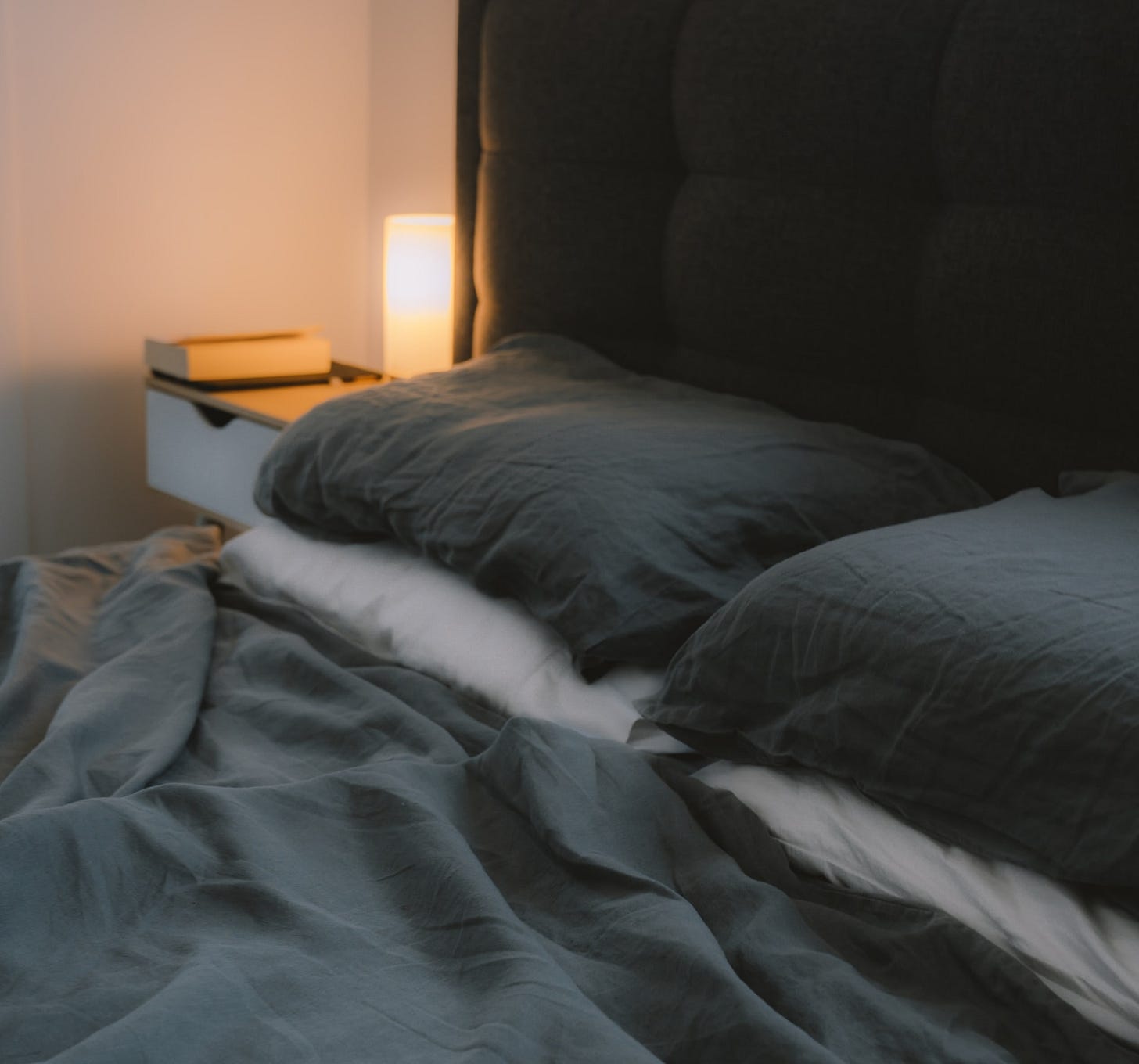Sleep well!
Simple ways to improve your sleep...
The problem of poor sleep…
It goes without saying how important sleep is to achieving good health. But yet we all experience many disruptions in the amount and quality of this critical part of our lives. Optimizing sleep is one of the most important things we can do for our health. In fact, studies show that ongoing disruption of quality sleep can pose serious health risks over time. These problems can include:
Increased risk of memory problems and cognitive disorders including dementia
Greater risk of mental health disorders including anxiety, depression, and mood swings
Higher rates of high blood pressure, heart disease, and arrhythmias
Increased risk of accidents or trauma, including car crashes
Greater risk of developing obesity and diabetes
Weakened immune system leading to increased risk for illness and some cancers
That’s enough reason for us to make sure to get enough good sleep! Unfortunately many people struggle to get ENOUGH sleep, or don’t know what to do improve the quality of their sleep. Keep reading below for a few things to consider in optimizing sleep.
How much sleep do I need?
There are many conflicting ideas about how much sleep is needed. In general, sleep time should be anywhere between 6 to 9 hours nightly. It is important to understand that both REM and non-REM cycles provide important phases of rest and restoration.
During non-REM sleep, there are three phases, each lasting 5-15 minutes. The third phase of non-REM is considered to be deep sleep, and it is during this time that the body repairs itself, regrowing tissues, bone, and muscle, and the immune system is strengthened.
Following the third phase of non-REM sleep, we enter into the REM period, which typically begins 90 minutes after falling asleep. Each REM cycle typically lasts approximately 10 minutes, and it is during this time that the brain is stimulated. At this time we often dream, and it is a time that is vital to organizing our memories.
What do to about sleep…
Its important to consider what barriers may be in place that are preventing you from getting the sleep you need. Here are some recommendation to help optimize your sleep:
Get 30 minutes of sunlight right when you wake up. This will help you to suppress melatonin, wake you up, and set your circadian clock
Avoid alcohol at least 3 hours before bedtime
Avoid caffeine at least 6 hours prior to bedtime
Avoid decongestants (ex. Sudafed) or other medications that may have a stimulating effect at night
Reduce bedroom temp to 60-69F
Don’t eat or drink in the last 2 hours before bed
But, eat a small high protein snack (for example 6 almonds)
Minimize exposure to blue light at dusk from phones, computers, etc
Minimize stimulating or anxiety provoking activity before bed
Take a hot shower before bed
Darken the room and reduce ambient noise. These can help to increase melatonin levels, allowing you to sleep more deeply
Go to bed and wake up at the same time each day
Need more?
If you struggle and would like further guidance on optimizing your sleep, please feel free to get in touch. I’d be glad to discuss your specific concerns and assist you with a tailored plan to get good sleep!


